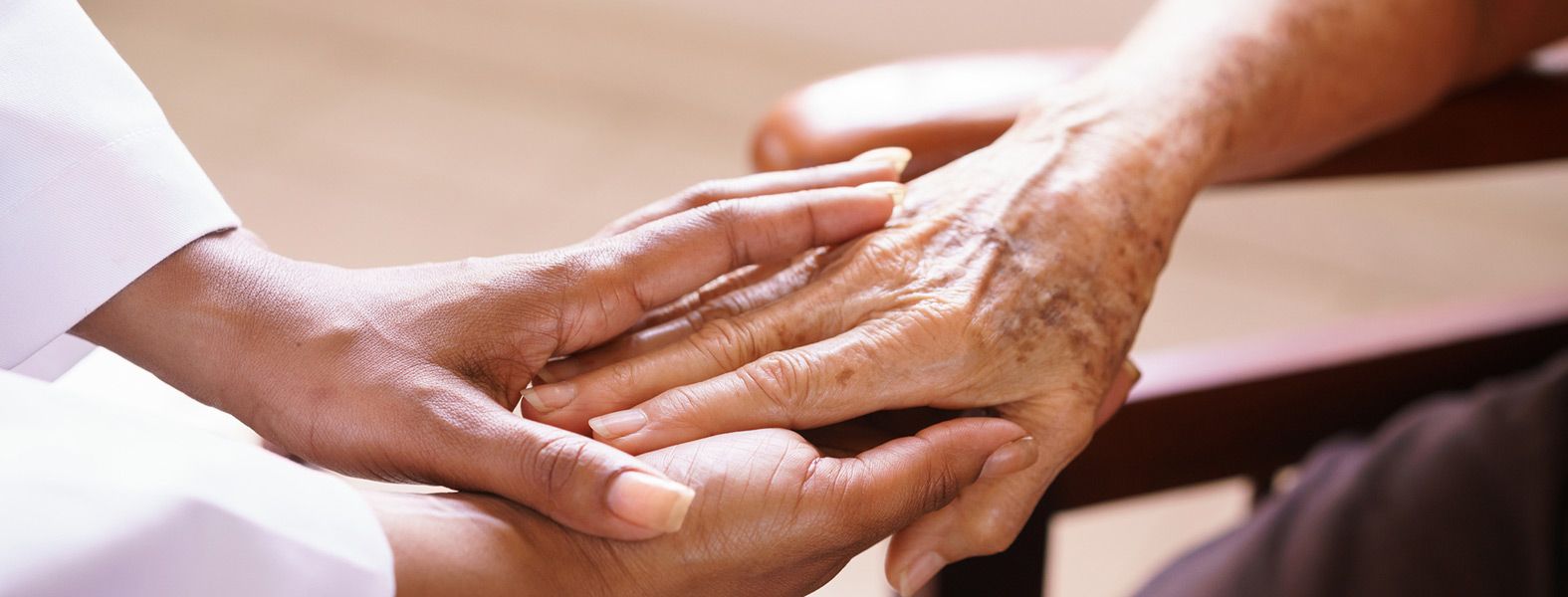
Coping with the loss of friends or family members can be one of the most difficult parts of the aging process. As emotional beings, it can take a significant amount of time to realize that even though “loss is forever, our grief is not.”
Additionally, know that you are not alone. People are quick to forget that grieving is normal. While it may be uncomfortable, the feelings that we experience after the loss of a friend or family member are inherently human. Recognizing these five stages of grief before one experiences them can shed light on a typically dark and lonely time.
Recognizing the 5 Stages of Grief
The medical community has accepted this basic model for recognizing five stages of grief based on the work of psychiatrist Elisabeth Kubler-Ross. It is normal for some people to experience these stages in sequence. Others, however, may recognize two stages occurring at the same time or none at all. Do not feel out of place if you are unable to identify with these five stages of grieving.
- Denial: The reality of the situation has yet to set in. The grieving party is completely unable to come to terms with the loss.
- Anger: Denial often resolves into anger. The grieving party directs frustration at others, attempting to pin blame or find fault.
- Bargaining: Overwhelmed by emotions, the grieving party will attempt unsuccessfully to make an arrangement that they believe can eliminate the source of grief.
- Depression: The grieving party becomes consumed with sadness. These are typically over undeniable facts such as the shortness of human life and the sudden nature of a loss.
- Acceptance: The grieving party comes to terms with the full spectrum of emotional responses and realizes optimistically that there will be an end to the feeling of grief.
In most cases, this model may not mirror your emotional experiences of grief or even attempt to characterize the complexity of your situation. Recognize these stages so you can make better sense of your overwhelming emotions.
Managing Feelings of Intense Grief
For seniors, intense feelings of grief can seriously disrupt their daily schedules. Coping with the loss of a loved one can result in:
- Worsening of existing physical pain
- Difficulty sleeping regularly
- Increased Tendency to Drink or Smoke
- Disinterest in daily life, hobbies/social activities, friends
- Lack of attention given to personal care/hygiene
If the emotional stress of your grief is overwhelming, get in touch with a caregiver or mental health professional. There are many types of treatment in the form of medication and therapy that can help improve a senior’s ability to cope with grief.
Article Sources:
- AARP – 5 Surprising Truths About Grief
- Livestrong – What Are the Five Stages of Grief
- Grief.com – The 5 Stages of Grief




